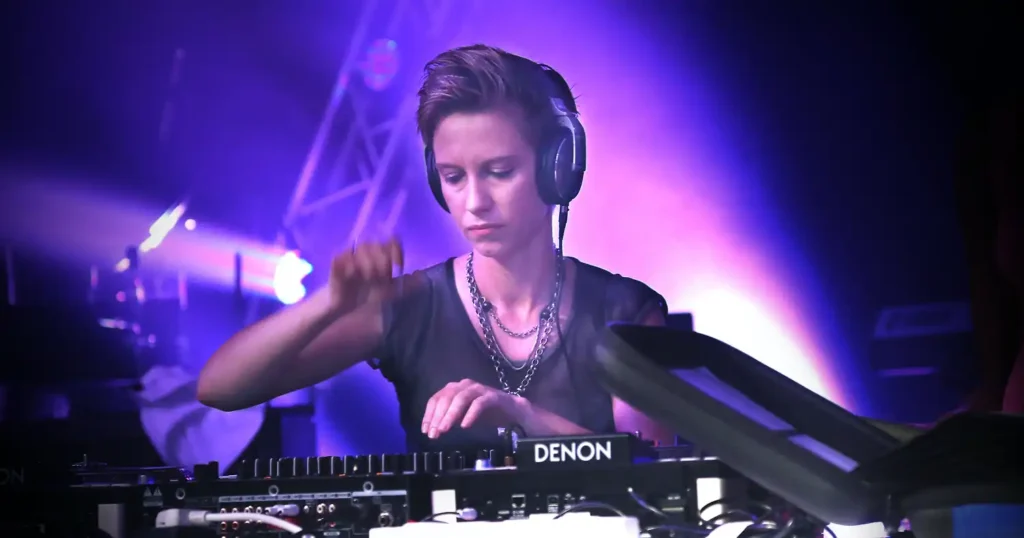Music licensing is the process of granting permission to use copyrighted music to individuals or organizations for various purposes, such as in films, television shows, commercials, and online streaming platforms. This process involves obtaining the necessary rights from the copyright holders, such as composers, songwriters, and record labels, in exchange for payment of licensing fees.
There are two main types of music licenses: synchronization licenses and public performance licenses. A synchronization license grants the right to use a specific musical composition in combination with visual media, such as in a film or television show. This type of license is commonly used in the entertainment industry and requires negotiation with both the copyright owner of the musical composition and the copyright owner of the sound recording.
On the other hand, a public performance license grants the right to publicly perform a musical work, whether it be live, recorded, or broadcasted. This type of license is required for playing music in public spaces, such as restaurants, bars, retail stores, and sports arenas. Public performance licenses are typically obtained through performance rights organizations (PROs) such as ASCAP, BMI, and SESAC in the United States, and similar organizations in other countries. These organizations collect licensing fees from businesses and distribute royalties to the copyright holders.
The process of obtaining music licenses can be complex and time-consuming, especially for individuals or small businesses that may not be familiar with the legal and administrative aspects of music licensing. In addition to negotiating with multiple copyright holders and obtaining the necessary permissions, it is important to ensure that the licensed music is used only within the terms specified in the agreement, such as the duration, territory, and intended use.
Music licensing is a crucial aspect of the music industry, as it enables rights holders to monetize their creative works and provides a legal framework for the use of copyrighted music. Additionally, it serves as a source of income for musicians, songwriters, composers, and record labels, helping to sustain the creation and distribution of music.
The rise of digital streaming platforms has also brought new challenges and opportunities in music licensing. On one hand, these platforms have provided a new avenue for music creators to distribute their works and reach a global audience. On the other hand, the complex and evolving landscape of digital music consumption has raised questions about the fair compensation and rights management for music creators.
As a result, there have been ongoing discussions and debates within the music industry about the need for reform and modernization of music licensing regulations. Advocates for creators and rights holders argue for fair compensation and better transparency in digital music licensing, while digital platforms and consumer advocates seek a balance between the interests of creators and the accessibility of music to consumers.
In recent years, some initiatives and developments have aimed to address these issues. For example, the passage of the Music Modernization Act in the United States introduced reforms to the music licensing and royalty collection system, particularly in the digital streaming sector. This legislation has sought to streamline the licensing process, improve the transparency of royalty payments, and ensure fair compensation for music creators.
Overall, music licensing plays a critical role in the music industry, providing a framework for the legal use of copyrighted music and enabling rights holders to monetize their works. As the digital music landscape continues to evolve, ongoing efforts to reform and modernize music licensing regulations are essential to ensure fair compensation and rights management for music creators in a digital age.


